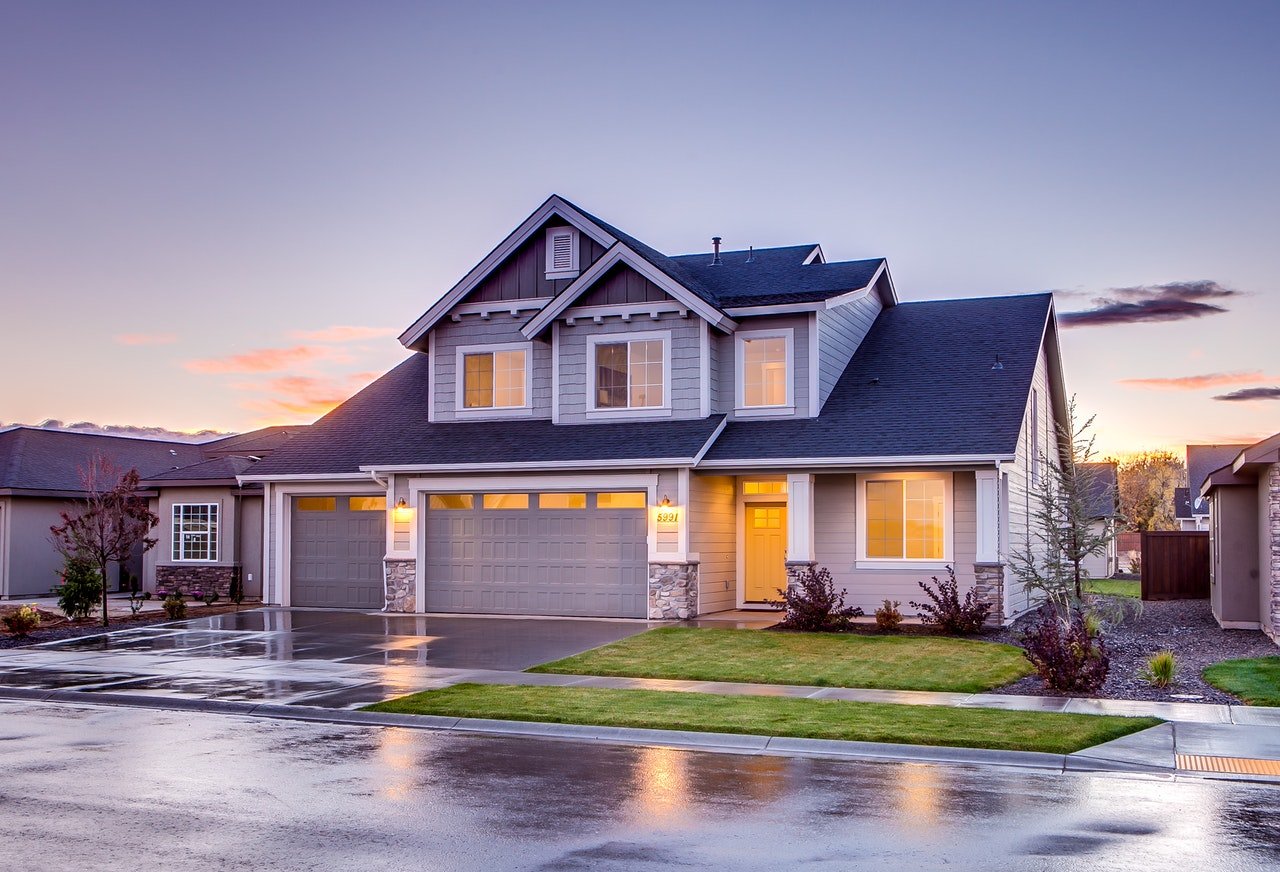Essential things you need to know about the property before buying
Posted by Alex Narodny on Tuesday, April 27th, 2021 at 10:21am

By, Lisa Roberts @ US Moving Experts
When you are in the market to buy a house, you are probably flooded with information and facts. There are so many hurdles you need to jump over to purchase a piece of real estate. Unfortunately, the quest isn’t over once you have found your dream home. There are still some essential things you need to know about the property before buying. In this article, we are going to dive into the most important details.
- Average prices and home values
Look up other similar properties online and see what they are going for. You should also check what previous houses in the neighborhood have sold for. Once you know this information, you will get a better feel for the asking price. Make sure you do not overpay the house but keep in mind that negotiating a price takes time. Be patient and prepared for the back and forth between you and the sellers. You can do a lot of this research on your own, but choosing a good realtor will save you a lot of time. Get a local realtor and ask them for information about the area you want to purchase real estate in; he will surely have some great tips for you.
.jpg)
Caption: A good home inspector will reveal the essential things you need to know about the property before buying.
Alt-tag: Woman inspecting a kitchen in a house.
- Get a home inspector
A home inspection will reveal many essential things you need to know about the property before buying. Home inspections are the best way to find out information about the house you are interested in. Be warned that a home inspection will always reveal some issues about the property, even in new homes. And you should know that it is up to the seller to fix the most significant issues. However, the good news is that you can use the information gained in the inspection to lower the asking price. The inspection will also give you a better idea about what expenses you might be facing in the future. Make sure to be present when the home inspection is taking place. That way, you get to ask the inspector any questions you may have about the issues he finds as soon as he points them out to you.
- Perform additional inspections
A home inspection is a great start, and it will give you the most information for the least amount of time. There are still some limitations to what you can learn from a basic inspection. They typically last for about three hours and are based on visual cues that the inspector can see. Therefore, you should hire professionals to perform additional inspections on the home you are interested in buying. Safety is one of the most critical factors, and it never hurts to go the extra mile to be safe. Further inspections can reveal information like the presence of asbestos or toxic mold, and you definitely want to know about such issues before moving into a home.
.jpg)
Caption: Make sure your future home has good bones.
Alt-tag: Man fixing the plumbing in the kitchen.
- Check the basics
Many first-time homebuyers will feel overwhelmed by all of the information coming their way. For that reason, you should try to stay focused and feel free to ask a lot of questions. Make sure that the house you are interested in has good bones. You can have inspectors look at the roof, the foundation, and the electrical and water systems. Consider these the essential things you need to know about the property before buying. Once you know these key aspects are fine, you can rest easy knowing you are not committing to a money pit.
- Ask about the maintenance costs
Maintenance costs can significantly vary from one real estate to another. Costs can depend on the age of the property and the type of construction used. The home inspector can probably give you some maintenance tips. You can also ask the current homeowners how they maintain the property and how much it ends up costing them. Do additional research into other homes in the area. They were probably constructed at the same time and in the same style as the house you are looking at buying. So, it could give you valuable insight.
- How much do the utilities cost?
The average cost of the utilities depends on the type and age of the appliances in the house. Regardless, it doesn’t hurt to know what the current owners are paying for utilities every month. Ask them about the age of their appliances and energy ratings. You can compare what they are paying for utilities versus other homes in the neighborhood to get a better idea of how much you will end up spending per month.
- Plan a timeline for renovations and moving
Negotiate with the sellers on when they could vacate the property after the purchase. It would be best if you also planned when and how you are going to move. Moreover, before moving to your new home, you should decide if you are going to do any renovations. Also, you must anticipate how long they will take. You must decide what you will do with your furniture and other possessions while the work is in progress. Make a checklist and make sure you don’t forget something important during the hectic time that moving is.
.jpg)
Caption: Make sure to leave enough time for renovations before you move in.
Alt-tag: Fireplace and furniture covered with cellophane.
- Ask for a list of renovations
Have the current homeowners done any renovations on the property? Ask them for a list of repairs conducted. Ensure they are all up to code and that there are permits for all of the work they have done. You do not want to inherit an administrative mess that will take forever to untangle.
- Research the homeowners association
Does the property you are interested in fall under a homeowners association (HOA)? Every condo has an HOA, and they are also mandatory for houses in certain areas. Some associations are very helpful, and they can take care of some maintenance issues for you. Of course, there are fees you need to pay to the HOA. You can find information by asking people in the area about their experiences with the HOA and the expenses that come with it.
Buying a house is always a considerable investment, and you will want to know you have your bases covered. When you are purchasing a home, it's not just about whether you can afford it. There are many essential things you need to know about the property before buying. Make sure you are informed and understand all of the details. Save yourself the stress of encountering nasty surprises by doing a lot of research upfront. The more informed you are about a house, the more confident you will be that you are making the right decision.
Images used:
https://www.pexels.com/photo/blue-and-gray-concrete-house-with-attic-during-twilight-186077/
https://picspree.com/en/photos/woman-inspecting-empty-kitchen-1251578
https://pixabay.com/photos/plumber-handyman-repair-worker-228010/
https://picspree.com/en/photos/plastic-sheets-covering-fireplace-and-interior-815611

Leave A Comment